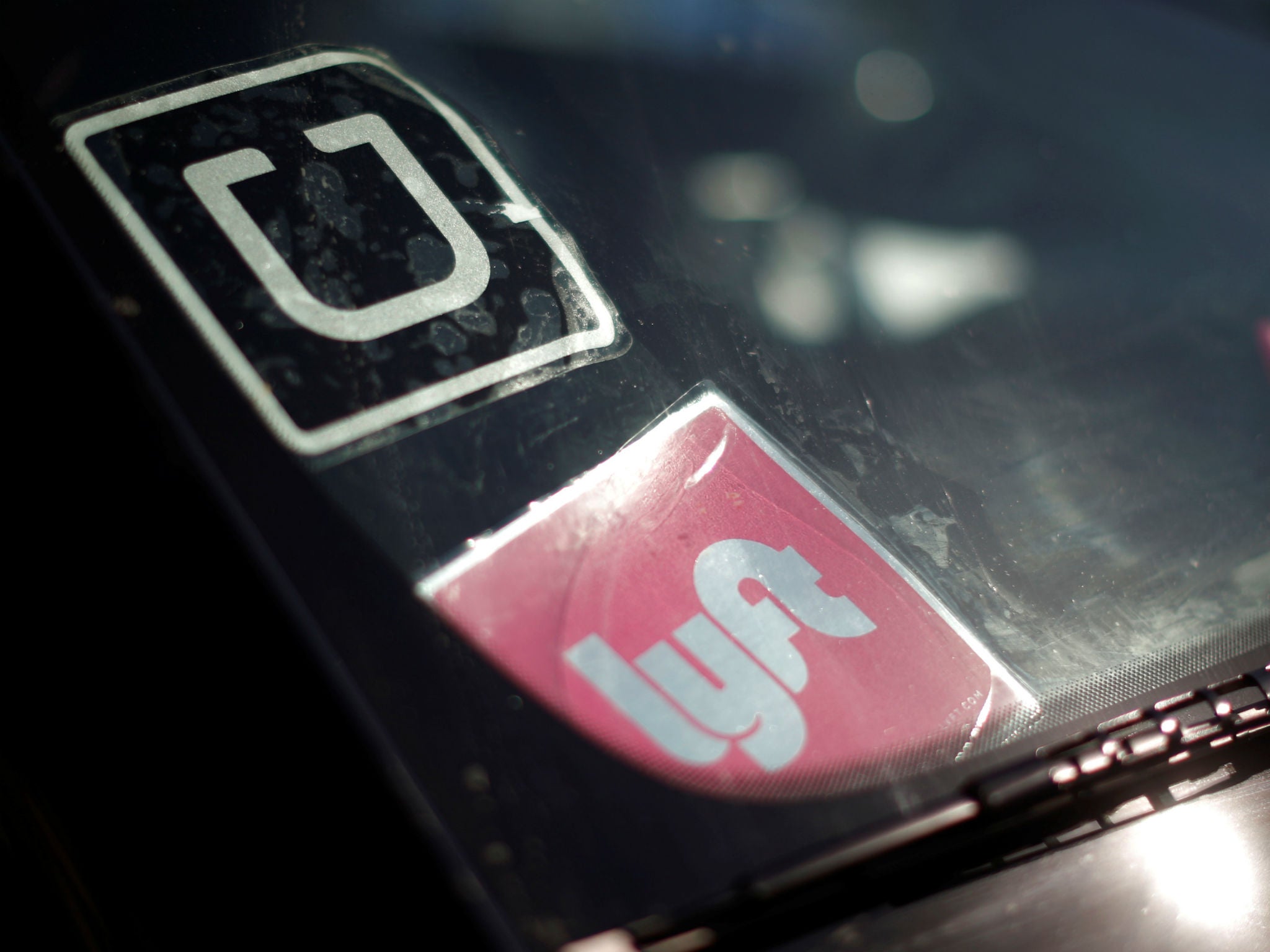Surge pricing cap introduced for Honolulu ride-hailing apps in US first, despite strong opposition from Uber
Honolulu approves measure to limit prices of services like Uber and Lyft

Honolulu leaders approved a measure Wednesday to limit prices that ride-hailing services like Uber and Lyft can charge during peak demand, a cap that the companies say would be the first restriction of its kind in the United States.
The measure would prevent "surge pricing" if increased rates are higher than the maximum fare set by the city. Honolulu attorneys will review the measure before it goes to Mayor Kirk Caldwell, who would have 10 days to sign it into law, allow it to become law without his signature or veto it.
Uber sent emails to customers across the island of Oahu, which is where the rule would apply, urging them to oppose the rules that would impose "outdated taxi-style requirements on rideshare."
Oahu taxi drivers have been at odds with those who drive for mobile apps that connect riders with nearby drivers. Taxi companies complain that companies such as Uber and Lyft create an unfair playing field because they face fewer restrictions.
Uber has been told the city hasn't received any consumer complaints about surge pricing, said Tabatha Chow, the company's senior operations manager for Hawaii. Honolulu has the highest taxi prices in the nation and Uber is 40 percent cheaper, she told council members Wednesday.
Surge pricing only happens during peak times such as rush hour, weekend nights and big events, she said, adding that fares go back down when more drivers are on the road.
If Uber and Lyft rides are cheaper, then why do they need to use surge pricing, asked Robert Deluze, owner of Robert's Taxis, who said ride-hailing companies have hurt the taxi business.
Councilwoman Kymberly Marcos Pine, who voted for the limits, said she was concerned to hear that U.S. Navy sailors getting off ships in Pearl Harbor recently were charged as much as $221 to get to Waikiki when a cab ride was $44. As the wife of a sailor, she said she wants to protect service members from being "price gouged."
Uber said in a fact sheet that surge pricing gives drivers the incentive to work in busier areas, which lowers wait times for riders and ensures reliability.
Riders and drivers who submitted testimony opposing the measure said taxis aren't as reliable or affordable as ride-hailing companies.
Uber driver Lisa Gonzales wrote that she drives to help support her family of six. During surge pricing, passengers have the option to accept or reject costs, she said, and that it's based on supply and demand.
Uber and Lyft officials testified in City Council committees last month that the cap on surge pricing would be the first such restriction on the companies in the country, the Honolulu Star-Advertiser reported.
"When demand for rides is greater than the number of drivers on the road, passengers may pay an extra percentage on top of the base ride amount," Lyft said in a statement explaining its "Prime Time" pricing.
A $6 ride would become a $9 ride during Prime Time pricing of 50 percent, the statement said, adding that it "only adds a percentage to the ride subtotal, which is calculated before any other fees or additional amounts."
Council Chairman Ernie Martin said he wrote the measure to ensure consumers won't pay an "unreasonable price." He said companies will still be able to employ surge pricing — or as he prefers to call it, "predatory pricing" — within limits.
The measure would set precedence nationwide, he said: "Other cities are struggling with this as well."
The city's Department of Customer Services would be tasked with setting the maximum price. Deputy Director Randy Leong told council members that the department opposes setting the threshold but will do so if it becomes law. It's difficult to dictate to businesses what they may charge, he said.
Uber released a statement after the vote saying that, if implemented, the bill will limit consumer choice and put the availability of Uber service on Oahu at risk.
AP
Join our commenting forum
Join thought-provoking conversations, follow other Independent readers and see their replies
Comments
Bookmark popover
Removed from bookmarks